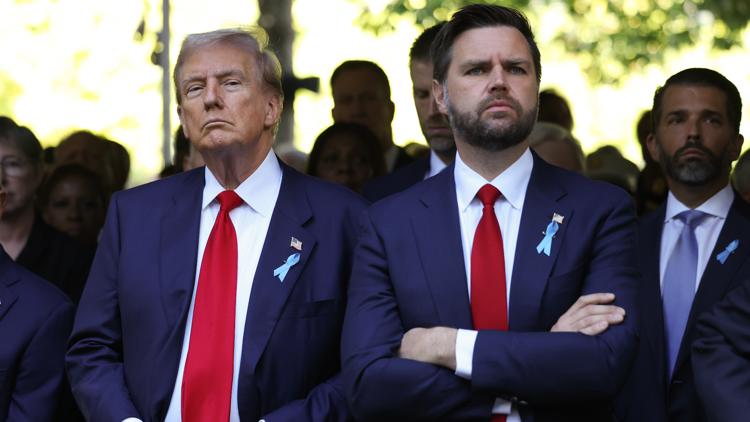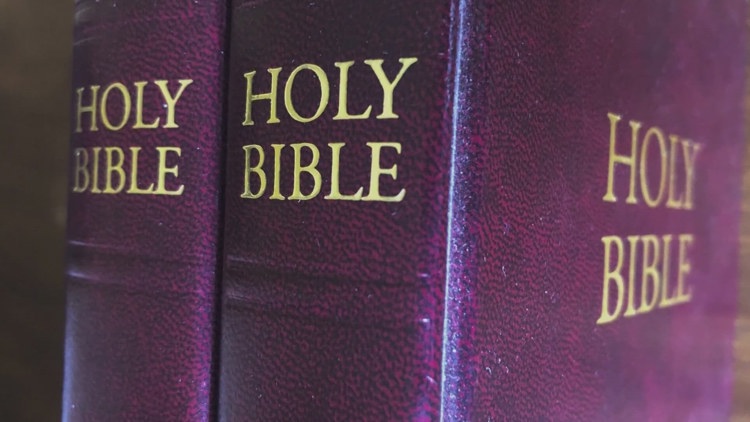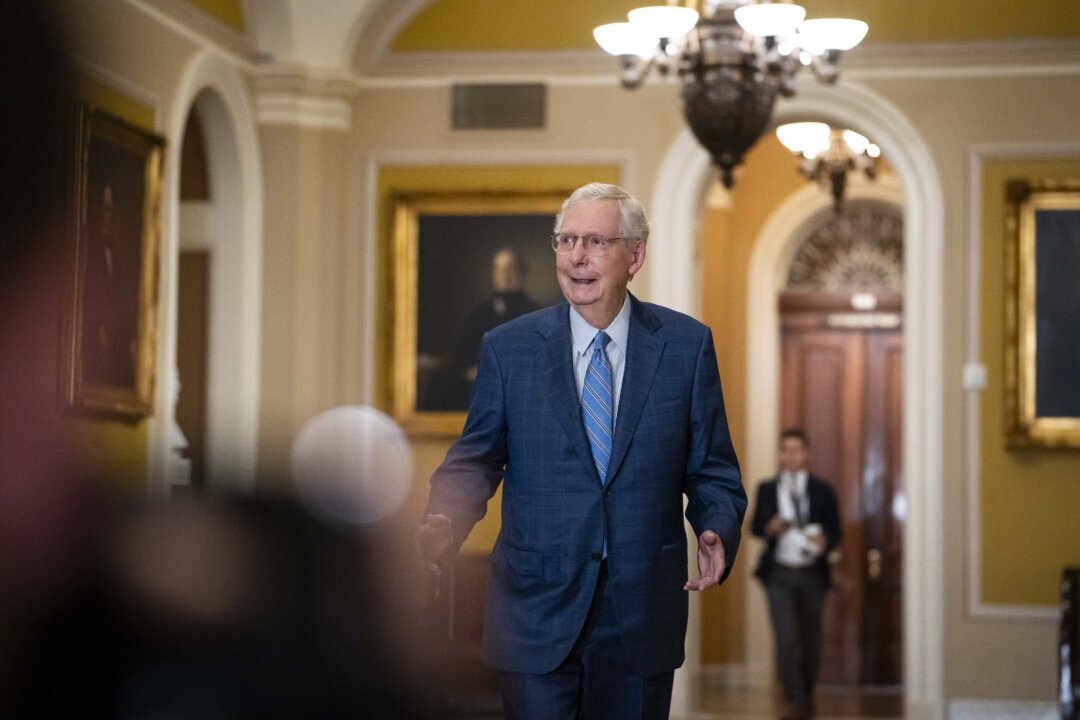
The use of cash by most Australians is now at historically low levels but the Albanese government is stepping in to ensure it will be around for years to come, at least for essential items. Treasurer Jim Chalmers last year foreshadowed a national plan to ensure Australians can keep using cash if they want to and, on Monday, he will announce that retailers that sell groceries and fuel will have to accept banknotes and coins. The government is seeking to make it mandatory for businesses that sell essentials to accept cash.
Credit: Louie Douvis Under the plan, there would likely be some exemptions for small businesses. Treasury will use a consultation phase that will begin this year to work out which businesses the mandate should cover. Treasury will also look at what further steps are needed to ensure the long-term and sustainable distribution of cash to enable adequate access.
The work is to be finalised next year and the mandate will start in 2026. Earlier this year, big banks, retail giants and Australia Post were forced to step in and strike a $50 million bailout for the struggling cash transit business Armaguard, in a move aimed at securing supplies for at least the next year, after the company said its future was at risk. The decline in the use of physical currency and the issues with Armaguard had raised concerns that older Australians and people in the bush could be left struggling to get access to cash for day-to-day use.
The COVID-19 pandemic accelerated the decline in the use of cash for day-to-day purchases as some businesses moved to online sales or requested patrons make payments by card or bank transfer. In 2022, cards accounted for more than three-quarters of all payments. Debit cards were used in 51 per cent of cases and cash accounted for just 13 per cent of transactions.
But about 94 per cent of businesses still accept cash and Chalmers said “we want to see cash acceptance continue, particularly for essentials”. “For many Australians, cash is more than a payment method; it’s a lifeline. Around 1.
5 million Australians use cash to make more than 80 per cent of their in-person payments. Cash also provides an easily accessible back-up to digital payments in times of natural disaster or digital outage,” he said. Cash mandates are already in other countries including Spain, France, Norway and Denmark, and US states including Colorado, Illinois, Montana, Massachusetts, New Jersey and New York.
Independent MP Andrew Gee has helped lead a campaign to shore up the future of physical currency. Chalmers will also announce that from June 30, 2028, people will no longer be able to write cheques and the once popular payment method will no longer be accepted from September 30, 2029. The decision to end the use of cheques, which had been foreshadowed, comes after a 90 per cent decline in their use over the last decade.
Cut through the noise of federal politics with news, views and expert analysis. Subscribers can sign up to our weekly Inside Politics newsletter ..














